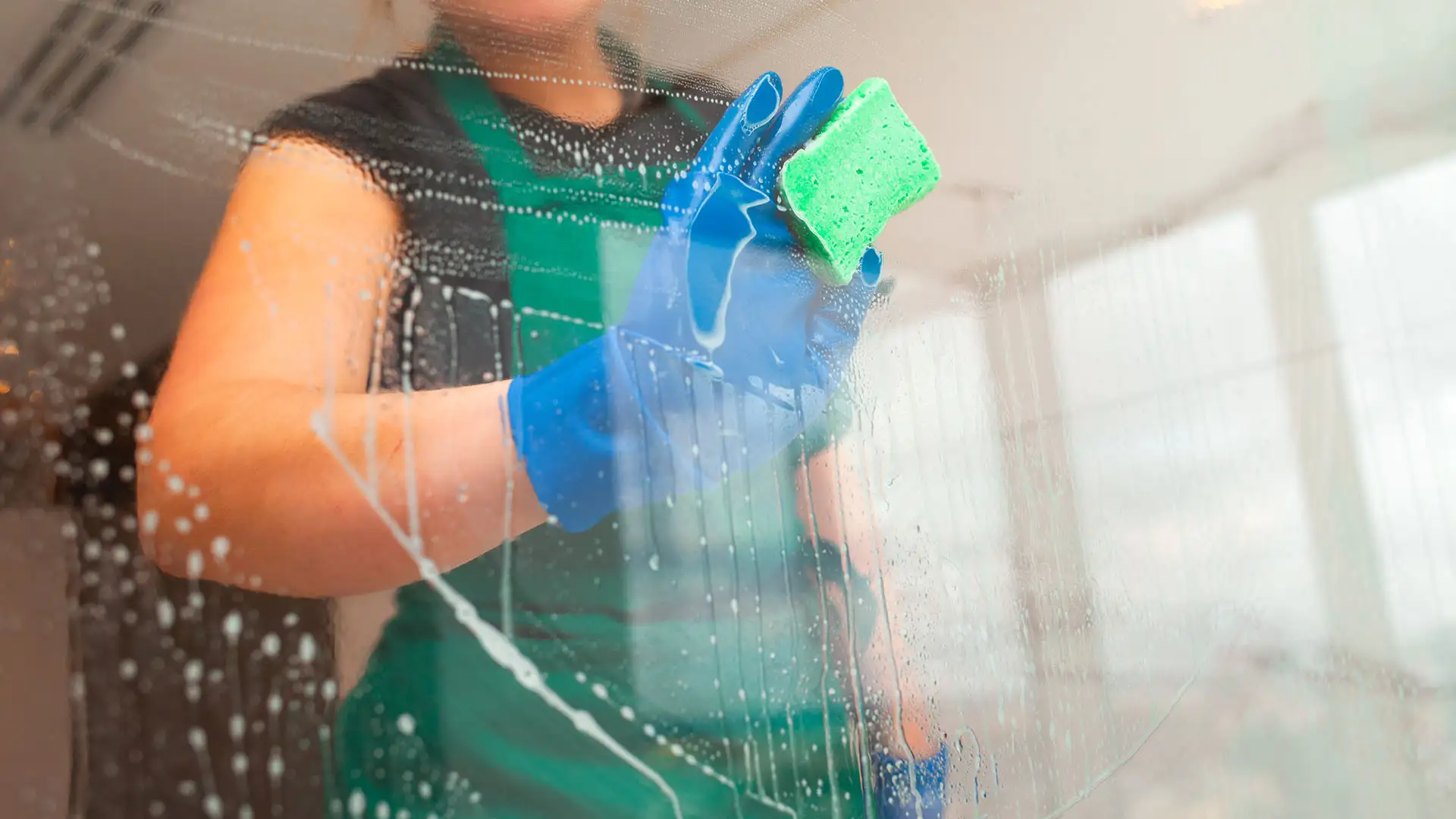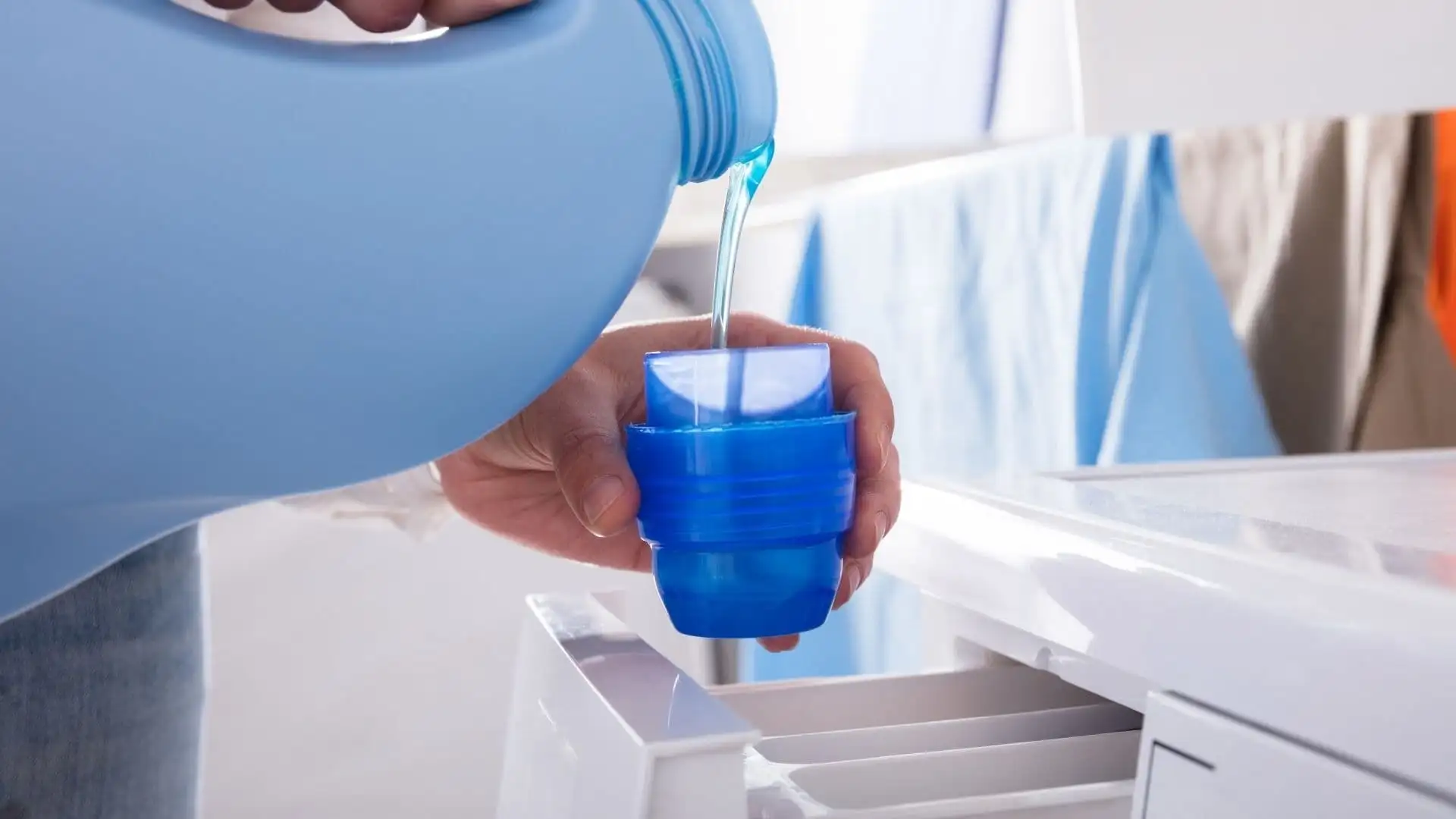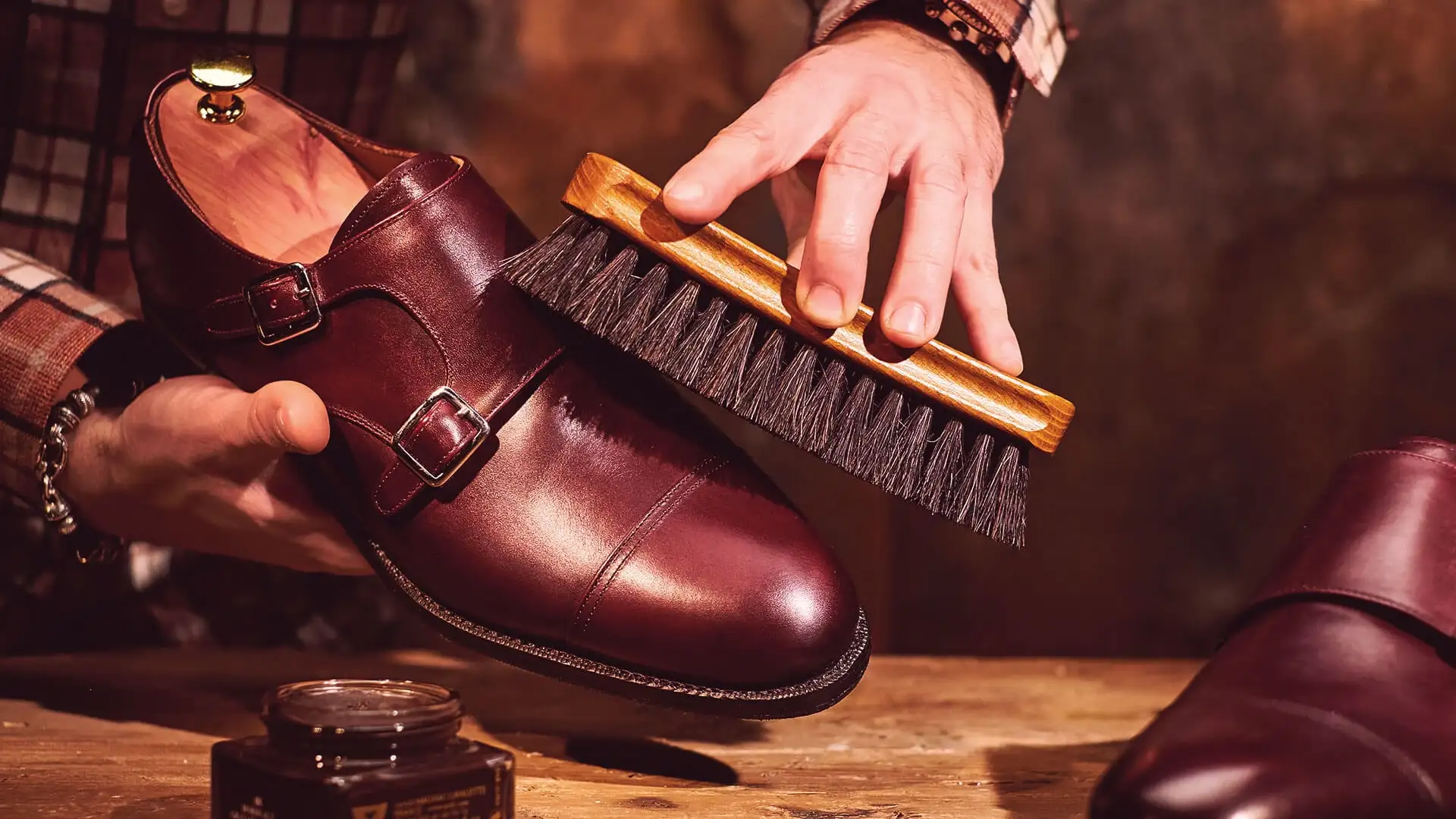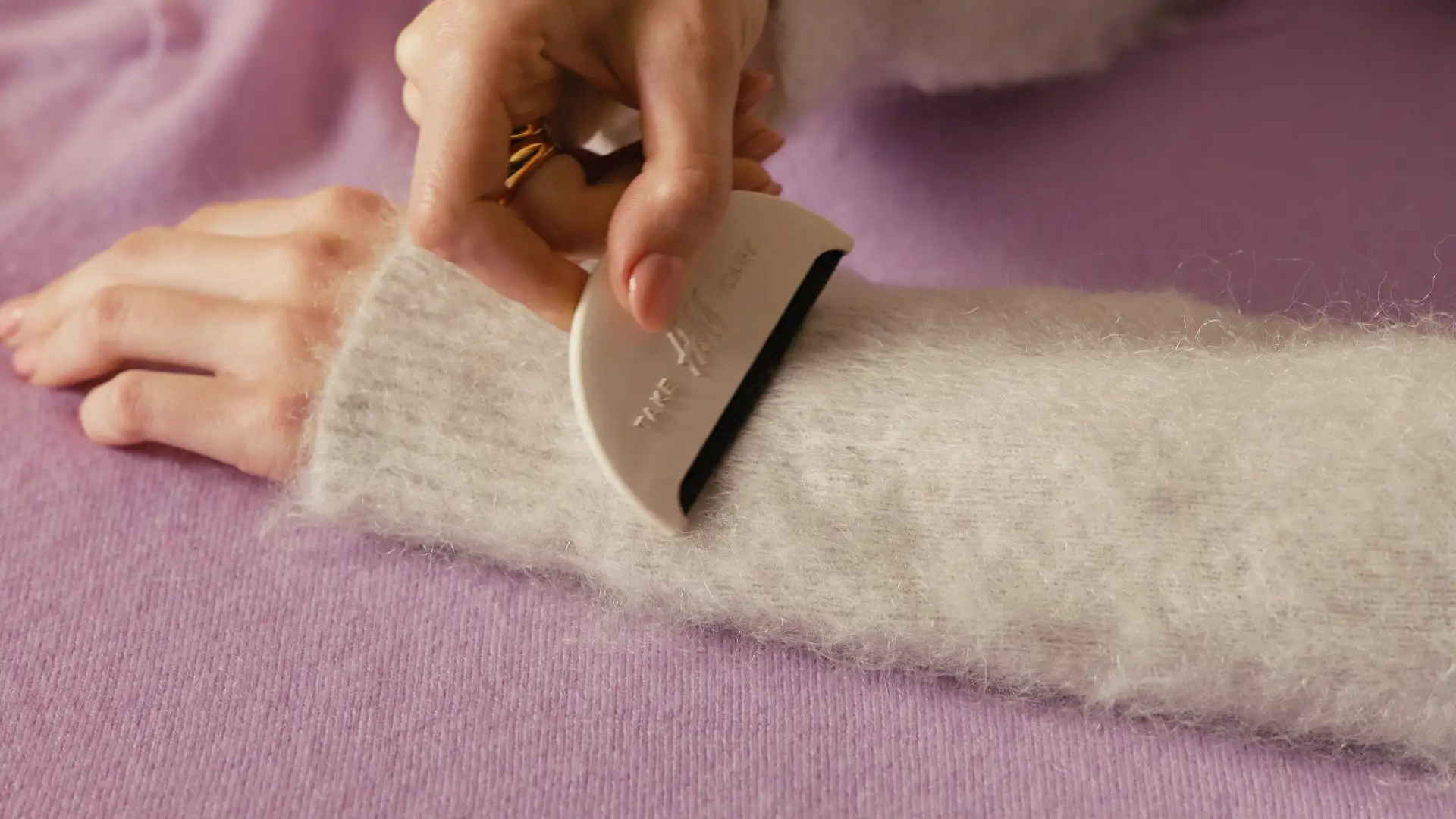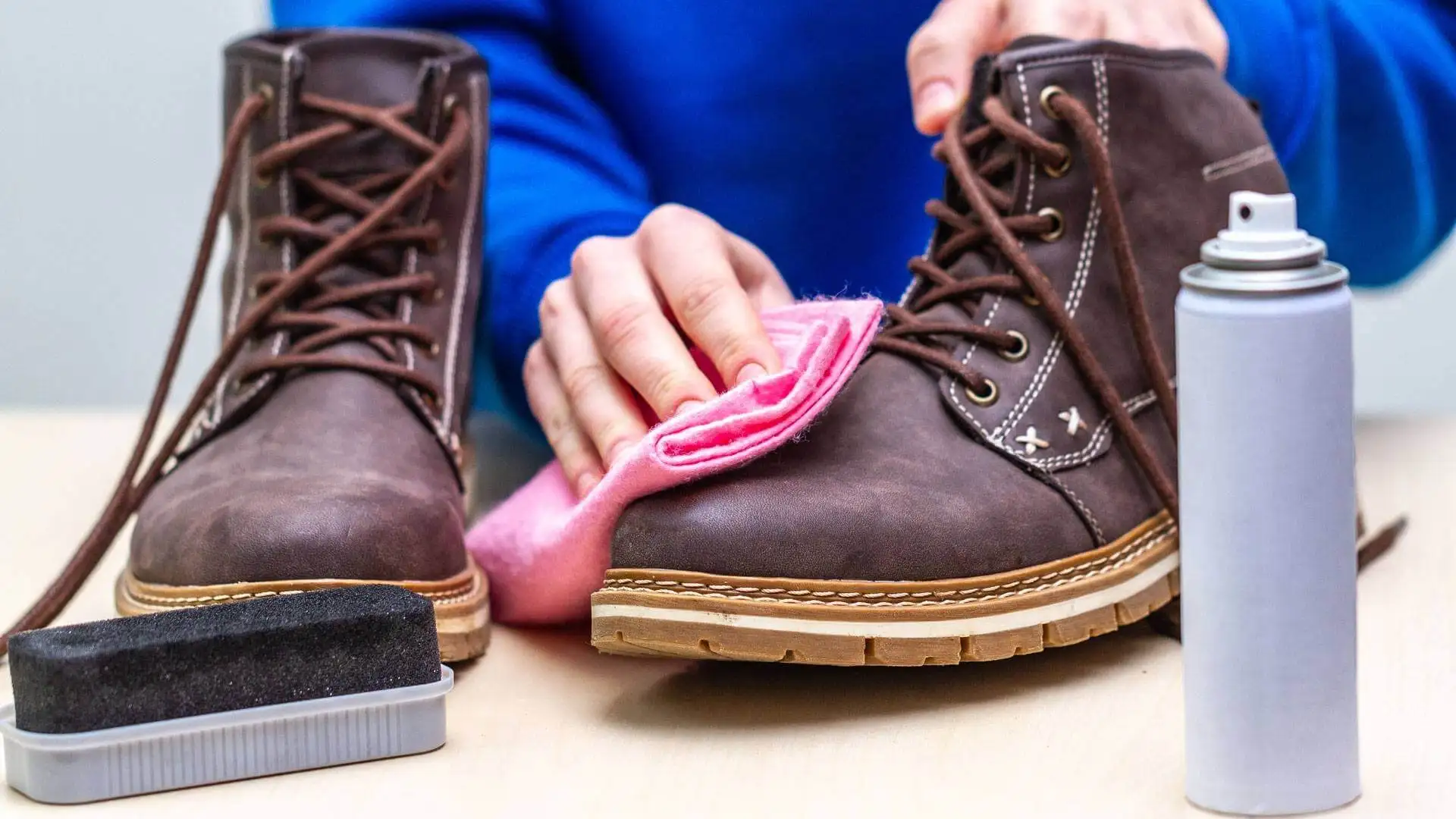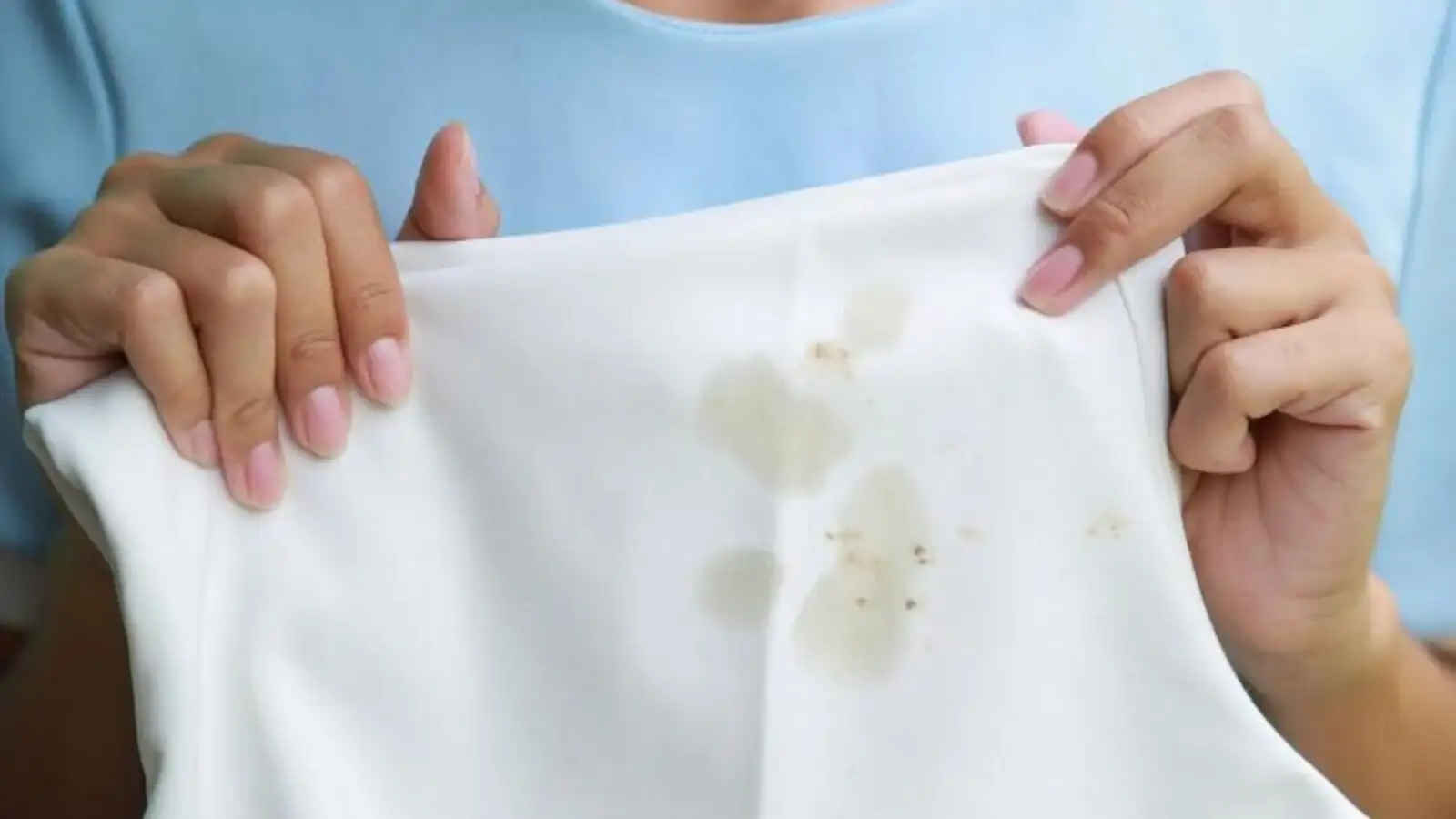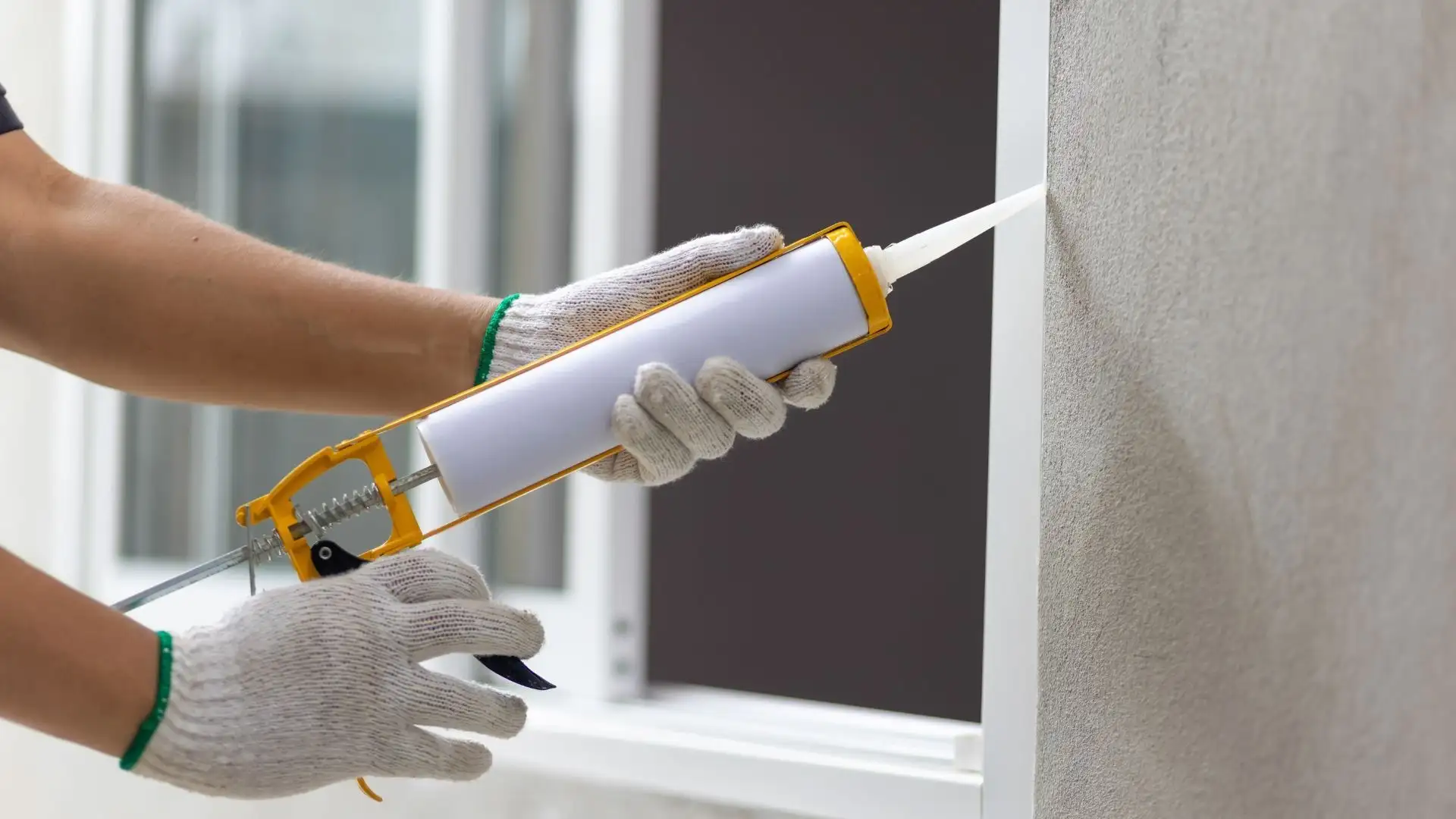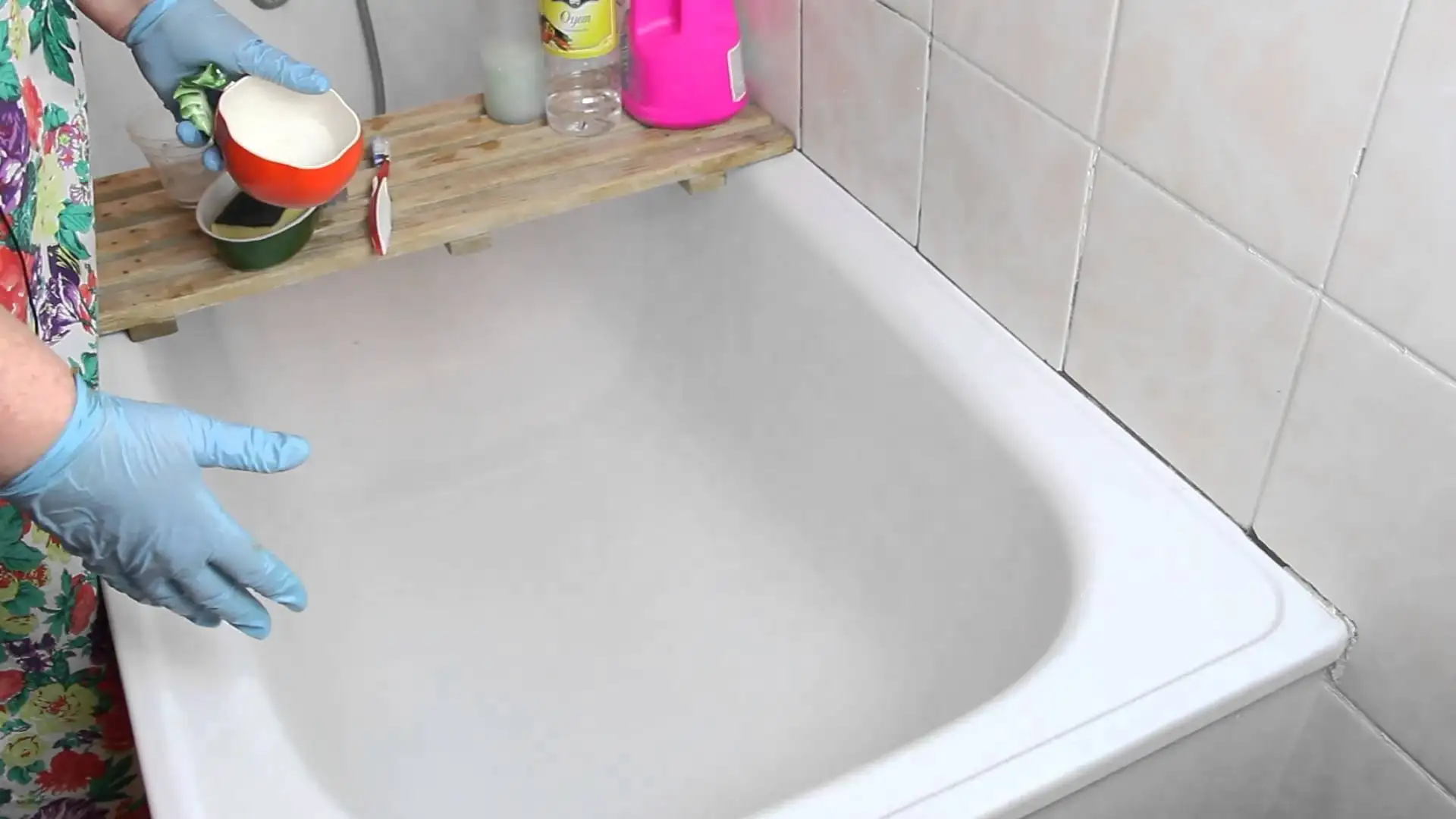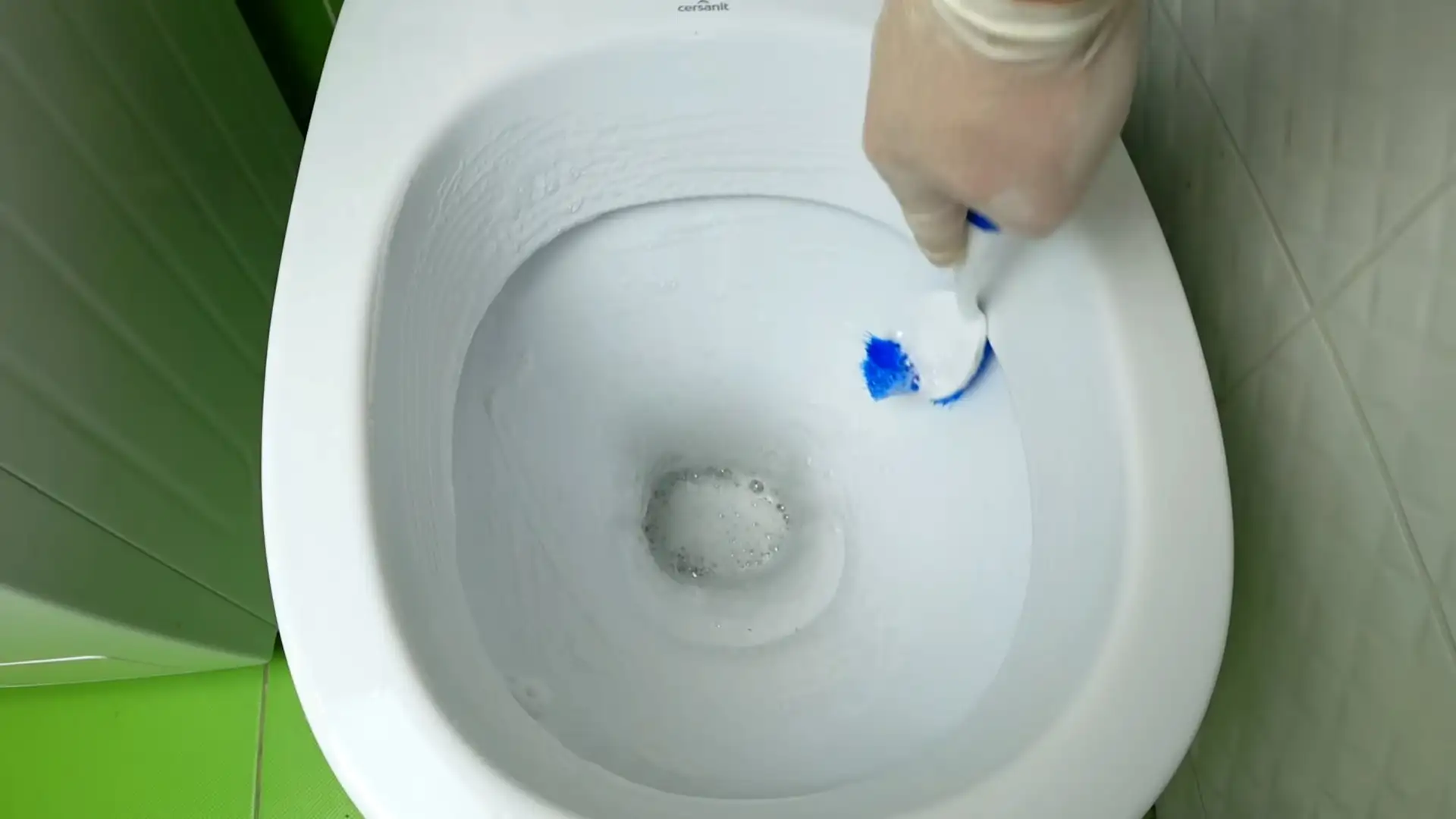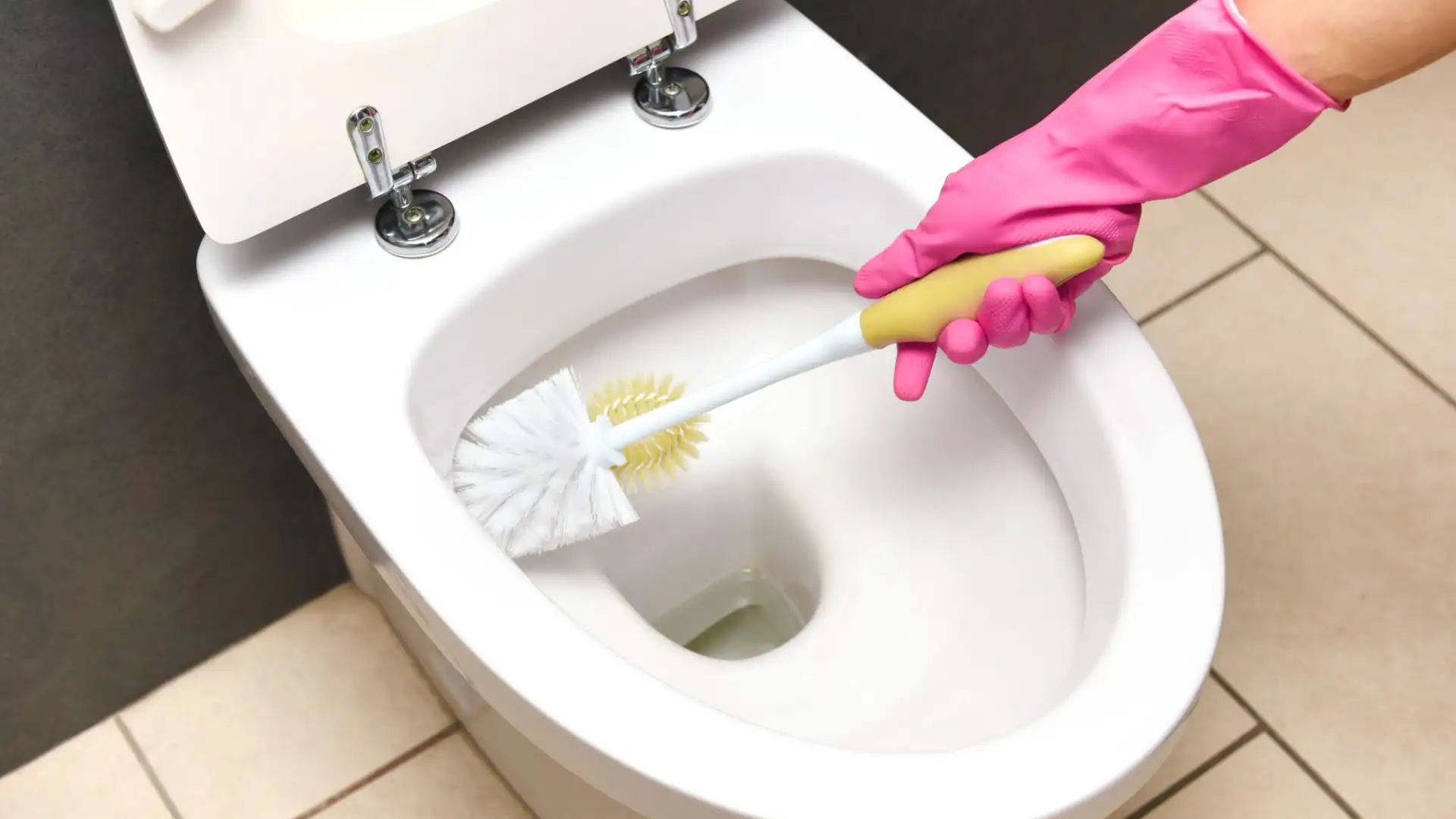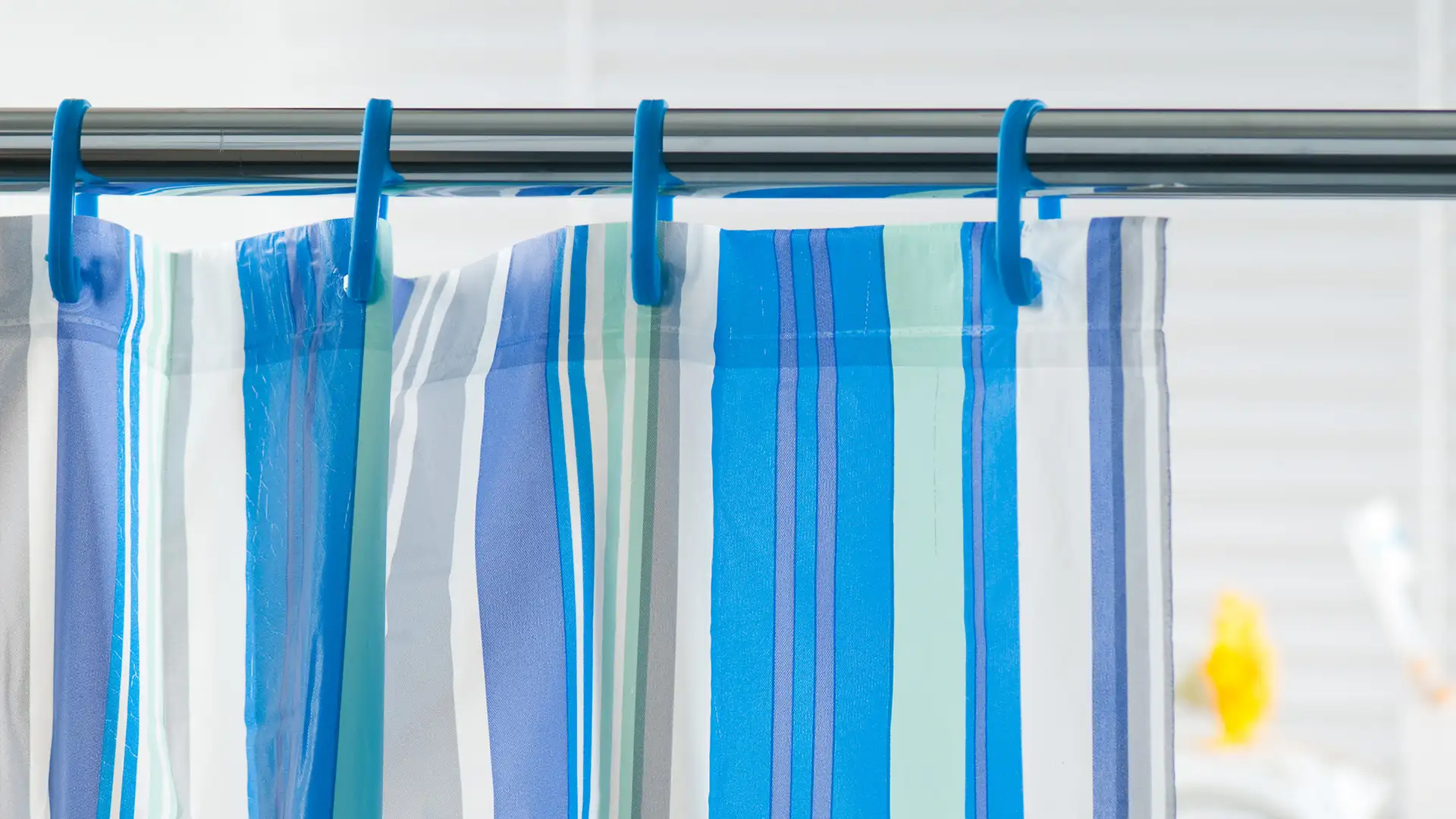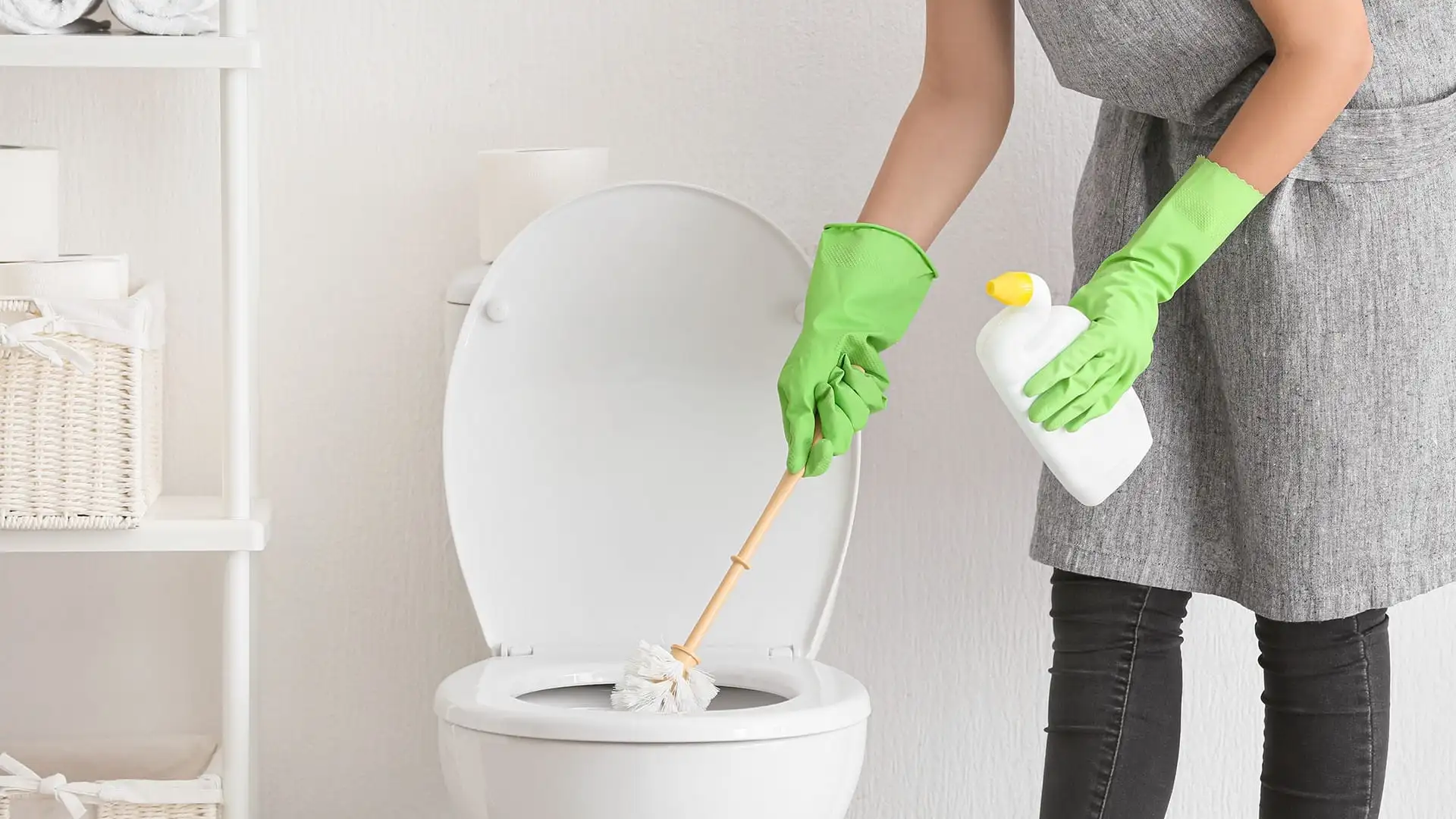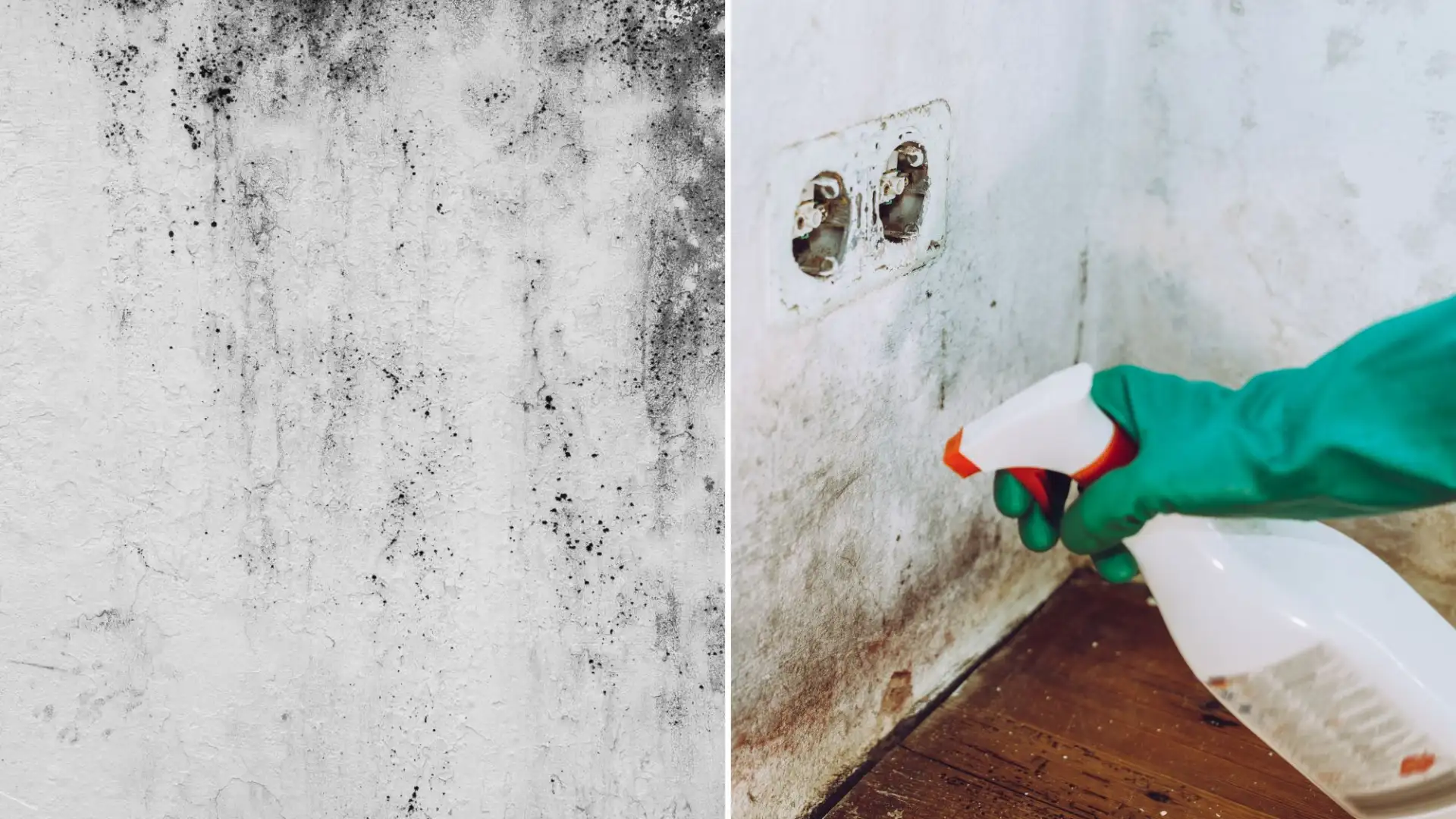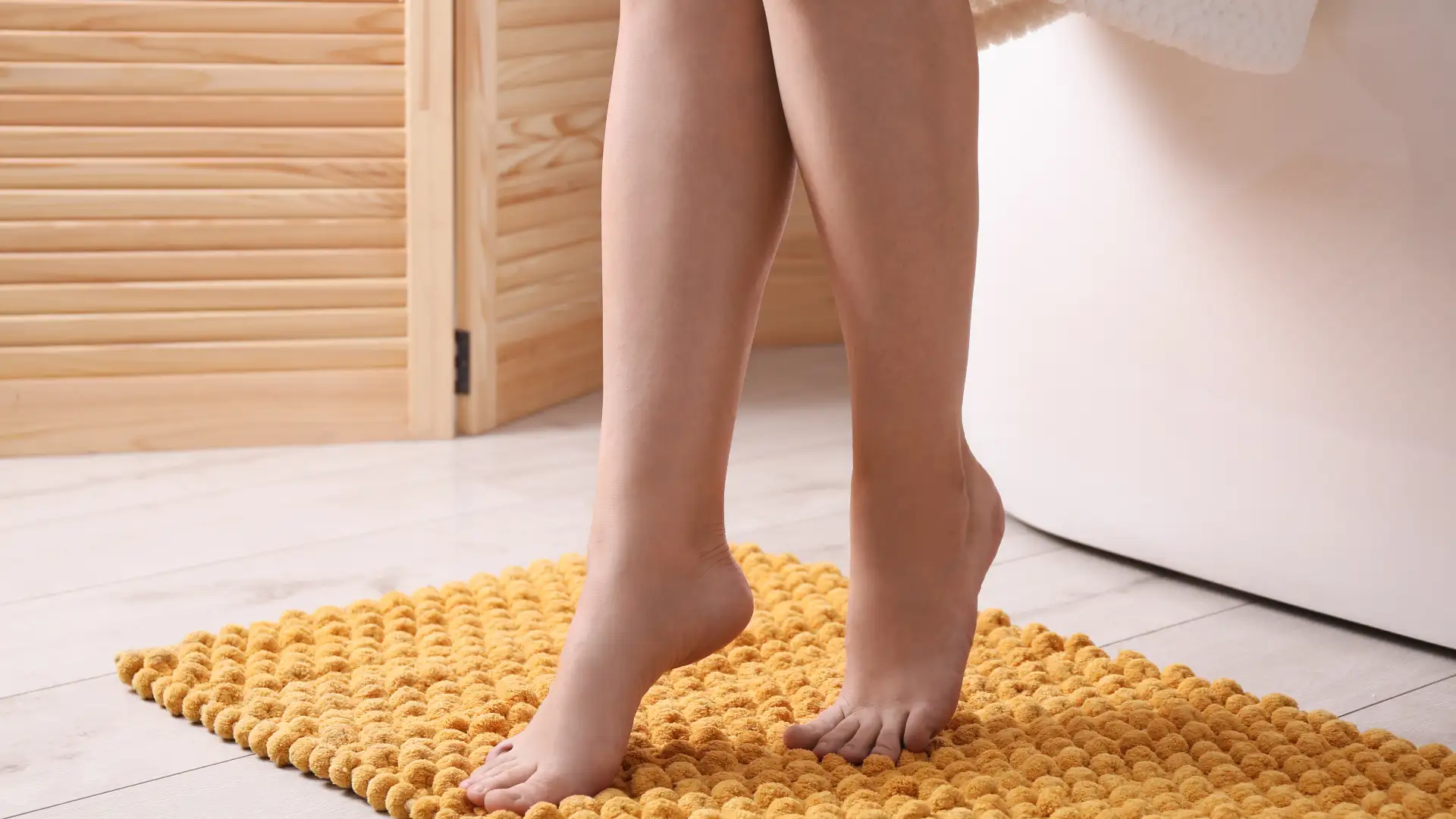Is your shower door or tiles covered in a stubborn film of soap scum? This unsightly buildup can make your bathroom look dingy and uninviting. Soap scum is a mixture of soap, body oils, and hard water minerals that accumulates over time. Fortunately, there are several effective methods to remove soap scum and restore your shower to its former glory. In this guide, we'll explore various cleaning techniques, from natural remedies to commercial products, to help you achieve a sparkling clean shower.
Understanding Soap Scum
To effectively remove soap scum, it's essential to understand what it is and how it forms. Soap scum is caused by the interaction of soap or body wash with hard water minerals, such as calcium and magnesium. When soap comes into contact with these minerals, it forms a sticky residue that adheres to surfaces. Regular cleaning is crucial to prevent soap scum from building up and becoming more difficult to remove.
Natural Cleaning Solutions
Before reaching for harsh chemicals, consider using natural cleaning solutions to remove soap scum. These gentle yet effective options are safe for most surfaces and can be found in your kitchen pantry.
- White Vinegar: White vinegar is a versatile cleaning agent that can cut through soap scum with ease. To use, simply spray white vinegar onto the affected areas, let it sit for a few minutes, and then scrub with a soft-bristled brush. For stubborn stains, create a paste of baking soda and white vinegar and apply it to the surface.
- Baking Soda: Baking soda is a mild abrasive that can help scrub away soap scum. Create a paste by combining baking soda with a small amount of water and apply it to the affected area. Let it sit for a few minutes 1 before scrubbing and rinsing.
- Lemon Juice: The acidity of lemon juice can help dissolve soap scum and leave your shower smelling fresh. Cut a lemon in half and rub it directly onto the soap scum. Let it sit for a few minutes before rinsing.
Commercial Cleaning Products
If natural cleaning solutions aren't effective enough, you may need to turn to commercial cleaning products. Look for products specifically designed to remove soap scum and follow the manufacturer's instructions carefully. When choosing a commercial cleaner, consider the following factors:
- Surface type: Different surfaces require different cleaning products. For example, a product that is safe for glass may not be suitable for natural stone.
- Ingredients: Avoid products that contain harsh chemicals, as these can damage surfaces and irritate your skin.
- Environmentally friendly: Opt for products that are made with biodegradable ingredients and are less harmful to the environment.
Preventing Soap Scum Buildup
To minimize the amount of time and effort you spend cleaning your shower, it's important to prevent soap scum buildup in the first place. Here are a few tips:
- Squeegee after each shower: Using a squeegee to remove excess water and soap from your shower door and walls will help prevent soap scum from forming.
- Ventilate your bathroom: Good ventilation helps to reduce humidity and prevent mold and mildew growth.
- Clean regularly: Make cleaning your shower a regular part of your cleaning routine. By addressing soap scum buildup early on, you can prevent it from becoming a bigger problem.
By following these tips and using the appropriate cleaning methods, you can effectively remove soap scum and keep your shower sparkling clean. Remember, regular maintenance is key to preventing soap scum buildup and preserving the beauty of your bathroom.
Best way to remove soap scum
Are you tired of those unsightly soap scum buildup that seems to cling to your bathroom fixtures? Soap scum, that filmy residue left behind by soap and hard water, can make your bathroom look dingy and uninviting. Fortunately, there are several effective methods to tackle this common household problem. In this comprehensive guide, we will explore a variety of techniques to help you achieve a sparkling clean bathroom. From natural cleaning solutions to commercial products, we'll cover everything you need to know to banish soap scum for good.
Understanding Soap Scum
Soap scum is formed when the soap you use combines with minerals in hard water. These minerals, such as calcium and magnesium, react with the soap to create a sticky residue that can be difficult to remove. Understanding the composition of soap scum is the first step in developing a successful cleaning strategy.
Natural Cleaning Solutions
For those who prefer a more eco-friendly approach, there are many natural cleaning solutions that can effectively remove soap scum. White vinegar is a versatile cleaning agent that can cut through soap scum and leave your bathroom surfaces sparkling clean. Simply apply white vinegar to the affected areas, let it sit for a few minutes, and then wipe clean. Baking soda is another natural abrasive that can help scrub away stubborn soap scum. Create a paste by combining baking soda with water and apply it to the affected area. Let it sit for a few minutes before scrubbing and rinsing. Lemon juice is a natural disinfectant that can also help remove soap scum.
Commercial Cleaning Products
If natural cleaning solutions don't quite cut it, there are a wide variety of commercial cleaning products designed specifically for removing soap scum. Look for products that contain phosphoric acid or hydrochloric acid, as these ingredients are particularly effective at breaking down mineral deposits.
Preventing Soap Scum Buildup
The best way to deal with soap scum is to prevent it from building up in the first place. Regular cleaning is key to maintaining a soap-scum-free bathroom. Squeegee your shower door after each use to remove excess water and prevent soap scum from drying and hardening. Consider installing a water softener to reduce the amount of minerals in your water and minimize soap scum formation.
Cleaning Specific Surfaces
Different surfaces require different cleaning techniques. For glass shower doors, a mixture of white vinegar and water can be very effective. For tile grout, a grout cleaner or a paste made from baking soda and water can help remove soap scum and restore the grout's appearance.
By following these tips and tricks, you can effectively banish soap scum from your bathroom and enjoy a sparkling clean space. Remember, regular cleaning and prevention are key to maintaining a soap-scum-free bathroom. Whether you choose to use natural cleaning solutions or commercial products, there is a method that will work for you.
How to clean soap scum from shower surfaces
Are you tired of those unsightly soap scum stains that mar the pristine beauty of your shower? Soap scum, a sticky residue left behind by soap and hard water minerals, can be a persistent and frustrating problem. But fear not! With the right cleaning techniques and products, you can easily eliminate soap scum and restore your shower to its former glory. In this comprehensive guide, we will delve into the causes of soap scum, effective cleaning methods, and preventive measures to keep your shower sparkling clean.
Understanding Soap Scum:
Soap scum is primarily composed of a combination of soap residue, dead skin cells, and minerals found in hard water. When soap comes into contact with hard water, the minerals react with the soap, forming a sticky film that adheres to shower surfaces. Over time, this film can build up and become difficult to remove. Factors such as water temperature, humidity levels, and the type of soap used can also influence the formation and accumulation of soap scum.
Causes of Soap Scum:
- Hard Water: Hard water contains high levels of minerals such as calcium and magnesium, which react with soap to form soap scum.
- Insufficient Rinsing: Failing to rinse away soap residue after showering allows it to dry and harden, making it more difficult to remove.
- Poor Ventilation: Inadequate ventilation in the bathroom can trap moisture and promote the growth of mold and mildew, which can contribute to the formation of soap scum.
- Using Bar Soap: Bar soap tends to leave more residue compared to liquid soaps, making it more likely to contribute to soap scum buildup.
Cleaning Products and Tools:
- Commercial Cleaners: There are numerous commercial cleaning products specifically designed to remove soap scum. Look for products containing ingredients such as citric acid, vinegar, or enzymes.
- Natural Cleaners: For a more eco-friendly approach, you can use natural ingredients like white vinegar, baking soda, and lemon juice.
- Microfiber Cloths: Microfiber cloths are highly effective at removing soap scum without scratching surfaces.
- Scrub Brushes: A soft-bristled scrub brush can help to loosen stubborn soap scum.
Cleaning Methods:
- Regular Cleaning: The key to preventing soap scum buildup is to clean your shower regularly. After each shower, wipe down the surfaces with a squeegee to remove excess water and soap residue.
- Deep Cleaning: For more stubborn soap scum, you can create a cleaning solution by mixing equal parts white vinegar and water. Apply the solution to the affected areas and let it sit for 15-30 minutes before scrubbing with a microfiber cloth.
- Baking Soda Scrub: Create a paste by combining baking soda and water. Apply the paste to the soap scum and scrub gently with a brush. Rinse thoroughly with water.
- Commercial Cleaner: Follow the instructions on the product label for the best results. Be sure to wear gloves and open a window for ventilation.
Preventive Measures:
- Install a Water Softener: If you have hard water, installing a water softener can significantly reduce the amount of soap scum that forms.
- Use Liquid Soap: Liquid soaps tend to rinse away more easily than bar soaps, reducing the likelihood of soap scum buildup.
- Improve Ventilation: Ensure that your bathroom has adequate ventilation to reduce humidity levels and prevent the growth of mold and mildew.
- Regularly Clean Your Showerhead: Over time, mineral deposits can build up on your showerhead, affecting water flow and contributing to soap scum formation. Clean your showerhead regularly with white vinegar to remove mineral deposits.
Conclusion:
By following these tips and using the right cleaning products and techniques, you can effectively eliminate soap scum and maintain a sparkling clean shower. Remember, regular cleaning is key to preventing soap scum buildup and preserving the beauty of your bathroom.
How to remove soap scum from a shower unit
Are you tired of those unsightly soap scum stains that seem to cling to your shower unit no matter how often you clean? Soap scum, a sticky residue formed from the combination of soap, hard water minerals, and dead skin cells, can make your shower look dingy and uninviting. But fear not! With the right cleaning techniques and products, you can easily banish soap scum and restore your shower to its former glory. In this comprehensive guide, we will explore various methods for removing soap scum, including homemade cleaners and commercial products. We'll also discuss how to prevent soap scum buildup in the future.
Understanding Soap Scum
To effectively remove soap scum, it's important to understand what it is and how it forms. Soap scum is primarily composed of calcium and magnesium salts, which are found in hard water. When soap comes into contact with these minerals, it forms a sticky residue that adheres to shower surfaces. Over time, this residue can build up and become difficult to remove. Factors such as water temperature, humidity, and the type of soap used can also influence the formation of soap scum.
Homemade Cleaning Solutions
One of the most effective and affordable ways to remove soap scum is by using homemade cleaning solutions. These solutions are typically made with common household ingredients, such as white vinegar, baking soda, and lemon juice.
- White vinegar: A natural disinfectant and deodorizer, white vinegar can easily dissolve soap scum. To use, simply fill a spray bottle with white vinegar and spray it directly onto the affected areas. Allow the vinegar to sit for 15-30 minutes before scrubbing with a soft-bristled brush and rinsing with warm water.
- Baking soda: Baking soda is a gentle abrasive that can help to scrub away stubborn soap scum. Create a paste by combining baking soda with a small amount of water and apply it to the affected areas. Let it sit for a few minutes before scrubbing and rinsing.
- Lemon juice: Lemon juice contains citric acid, which can help to break down soap scum and leave your shower smelling fresh. Squeeze the juice of a lemon directly onto the soap scum and let it sit for 10-15 minutes before rinsing.
Commercial Cleaning Products
If homemade cleaners don't cut it, you may want to consider using a commercial cleaning product specifically designed for removing soap scum. Look for products that contain ingredients such as hydrochloric acid or phosphoric acid, which can effectively dissolve mineral deposits. When using commercial cleaners, be sure to follow the manufacturer's instructions carefully and wear protective gloves and eyewear.
Preventing Soap Scum Buildup
Preventing soap scum buildup is key to maintaining a clean and streak-free shower. Here are a few tips:
- Squeegee after each shower: Squeegeeing your shower walls and door after each use will help to prevent water spots and soap scum buildup.
- Ventilate your bathroom: Good ventilation will help to reduce humidity and prevent mold and mildew growth.
- Use a shower filter: A shower filter can help to reduce the amount of minerals in your water, which can help to minimize soap scum formation.
- Choose the right soap: Opt for soaps that are low in mineral content and have a neutral pH.
Cleaning Specific Areas
Different parts of your shower unit may require different cleaning techniques.
- Showerhead: To clean a clogged showerhead, fill a plastic bag with white vinegar and secure it around the showerhead using a rubber band. Let it soak for an hour or more, then scrub with a toothbrush.
- Grout lines: Grout lines can be especially prone to soap scum buildup. Use a grout brush to scrub away dirt and grime, and then apply a grout sealer to help prevent future staining.
- Shower doors: Glass shower doors can be cleaned with a mixture of white vinegar and water. For stubborn stains, you may need to use a commercial glass cleaner.
By following these tips and using the appropriate cleaning methods, you can effectively remove soap scum and keep your shower looking its best. Remember, regular cleaning is key to preventing soap scum buildup. With a little effort, you can enjoy a clean and refreshing shower every day.
How to clean soap scum from shower door or curtain
Soap scum, that unsightly film of grime and residue that accumulates on your shower door or curtain, can be a real eyesore. Not only does it make your bathroom look less than appealing, but it can also harbor bacteria. Luckily, with a few simple ingredients and a bit of elbow grease, you can easily banish soap scum and restore your shower to its former glory.
Understanding Soap Scum
Before we dive into cleaning methods, it's important to understand what soap scum is. It's a combination of soap residue, body oils, and hard water minerals that bond together to form a sticky film. The best way to combat soap scum is to prevent it from building up in the first place. Regular cleaning is key.
Natural Cleaners for Soap Scum
If you're looking for a more eco-friendly and cost-effective solution, consider using natural cleaners. White vinegar is a fantastic all-purpose cleaner that can easily cut through soap scum. To use, simply fill a spray bottle with equal parts white vinegar and water, spray it onto the affected area, and let it sit for 15-20 minutes before wiping clean.
Baking soda is another natural cleaning powerhouse. Create a paste by combining baking soda with a small amount of water and apply it to the soap scum. Let it sit for a few minutes before scrubbing with a soft-bristled brush. For tougher stains, you can create a more abrasive paste by adding a little bit of salt.
Commercial Cleaners for Stubborn Soap Scum
If natural cleaners aren't cutting it, there are a variety of commercial cleaners specifically designed to tackle soap scum. Look for products that contain ingredients like citric acid or hydrochloric acid, as these can effectively break down mineral deposits. When using commercial cleaners, always follow the manufacturer's instructions and ensure that the product is safe for your shower surfaces.
Cleaning a Glass Shower Door
To clean a glass shower door, start by spraying the door with your chosen cleaning solution. Let it sit for the recommended amount of time, then scrub using a non-abrasive sponge or microfiber cloth. For stubborn stains, you may need to use a soft-bristled brush. Rinse the door thoroughly with warm water and dry it with a squeegee to prevent water spots.
Cleaning a Shower Curtain
Cleaning a shower curtain depends on the material. For fabric shower curtains, you can usually machine wash them according to the care label. For vinyl or plastic shower curtains, you can clean them in the bathtub using a mild detergent and a soft cloth. Be sure to rinse thoroughly and hang to dry.
Preventing Soap Scum Buildup
To minimize soap scum buildup, it's important to wipe down your shower after each use. A simple squeegee can help to remove excess water and prevent soap scum from drying and hardening. Additionally, consider installing a showerhead filter to reduce the amount of minerals in your water.
Additional Tips
- For a sparkling clean shower door, try using a homemade solution of equal parts rubbing alcohol and water.
- To remove soap scum from shower fixtures, soak a cloth in your cleaning solution and wrap it around the fixture for a few minutes.
- If you have a hard water problem, consider installing a water softener.
By following these tips and using the right cleaning products, you can keep your shower looking its best and free of soap scum.
